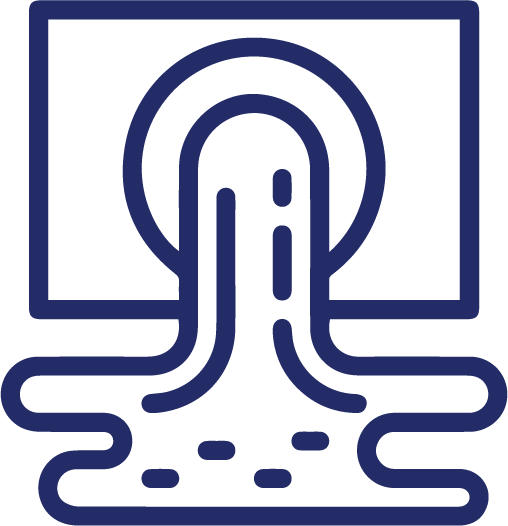Food Industry Case Study: Princes Group
“The pneumatic side of the of the filling valves were getting hydraulically locked, so they would stay open causing huge product wastage. Eventually, they all settled down when Expel was installed”.
Dean Butterworth – Reliability Engineering Manager
About the customer

Princes Group is an international food and drink group involved in the manufacture, import and distribution of branded and customer own brand products. Customers include major supermarkets, convenience stores, foodservice operators, wholesale suppliers and other food manufacturers. Princes’ brands and products span over 20 different categories including fish, meat, fruit, vegetables, soups, pastes, pasta, cooking sauces, edible oils, and a wide range of soft drinks sectors.
They employ over 7,000 people, operate ten food, drink and edible oil manufacturing sites across the UK as well as facilities in Italy, Mauritius and Poland.
Their portfolio of leading brands includes Napolina, Crosse & Blackwell, Crisp n Dry, Aqua Pura, Shippams, Trex, Jucee, and the iconic Princes brand itself.
As a wholly owned subsidiary of Mitsubishi Corporation since 1989, Princes has accelerated its development over the last two decades by completing 23 mergers and acquisitions that have added scale and expertise to the business.
Project Background
At the Princes site in Bradford, the Reliability and Engineering Manager was concerned about persistent issues with moisture in the compressed air system causing the filling valves on the bottle filler machine to hydraulically lock causing them to remain in either the open or closed position. The engineering team would then have to persistently replace the damaged valves.
This was causing a substantial amount product wastage because between the in-feed and out-feed of the carousel there is a point where the valves should close because there is no bottle present. Therefore, when the valves remain fully open, the product is spilling out uncontrollably resulting in huge amounts of product wastage going down the drain. This was also causing the bottles to over fill as the valves were not closing in time.
Additionally, the site was experiencing further issues caused by the build-up of water in the air receiver tanks. The site operates a very large air receiver tank which they were having to manually drain 500 litres of water from every 6-8 weeks. This was causing three prominent issues for the site:
Air would escape during manual draining which causes a pressure loss.
Because of the large buildup of water in the air receiver tank, this liquid water would continue through the airlines and cause damage to pneumatic equipment.
When the engineering team are busy, it would take up time to drain the water out.

How did Original AVG help Princes?
The Expel 30 compressed airline filter and the AVG Auto-Drains solved all the issues with liquid water in the compressed air lines for the site.
The dryers and compressors at the site were easily 300-400 metres away from the furthest point of use. Therefore, the most effective way to protect the filling machine was to install an Expel unit as close to the point of use as possible. This was a very simple way to ensure that all liquid water, along with any oil emulsion fluids and solid particulates are removed down to 1 micron right before the area in need of protection. This concept was proved very quickly by the engineering team who reported that since installing Expel, they were no longer having to tolerate faulty operation of valves.
Since installing an Original AVG Auto-Drain on the bottom of the air receiver tank which continually and automatically drains any water build-up from the tank. This stopped the excessive volumes of liquid water infiltrating the compressed air lines. Furthermore, the AVG Auto-Drain never causes ANY pressure loss so absolutely no air is lost during draining, thereby increasing the energy efficiency and solving the problem of pressure loss during manual drain.

THE RESULTS

Reduced Product Wastage

Reduced Downtime

Reduced Costs
